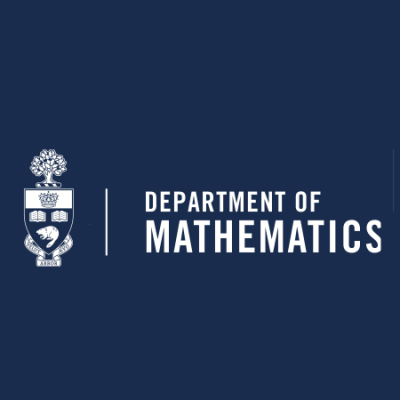John Bland
Professor University of Toronto, Department of Mathematics

University of Toronto, Department of Mathematics
View more experts managed by University of Toronto, Department of Mathematics
Industry Applications
Research Interests
Links
Articles
Components of Change Analysis, with Applications to Households in Canada
Genus1978
Components of change analyses involve an adaptation of standardization formulas for allocating change in crude rates to changes in population composition and in specific rates. This article proposes an average components solution to determine the contribution of ...
Local boundary regularity of the canonical Einstein-Kähler metric on pseudoconvex domains
Mathematische Annalen1983
In [3], SY Cheng and ST Yau established the existence and uniqueness of a complete Einstein-K~ ihler metric on bounded pseudoconvex domains in~" with C 2 boundary; N. Mok and ST Yau have extended this result to arbitrary bounded pseudoconvex domains in~" in ...
On the existence of bounded holomorphic functions on complete Kähler manifolds
Inventiones Mathematicae1985
What conditions on the curvature of (M, g) would guarantee i) the existence of bounded holomorphic functions; ii) a bounded holomorphic imbedding F: M~ II~ N for some N> n or iii) that M is biholomorphically equivalent to a bounded domain in {r".
The Einstein-Kähler metric on {|z|2+|w|2p
Michigan Math Journal1986
The function X has been introduced primarily for notational convenience and computational simplicity; however, the importance of this auxilliary function should not be underestimated. For instance, 0< X< 1 on Í2, and X—Í is a local defining function for the smooth strongly ...
Contact geometry and CR structures onS 3
Acta Mathematica1994
One of the most beautiful theorems in one complex variable is the Riemann mapping theorem: Any simply connected open set which is a proper subset of C 1 is biholomor- phically equivalent to the unit disc. Moreover, the biholomorphism can be determined either from ...

